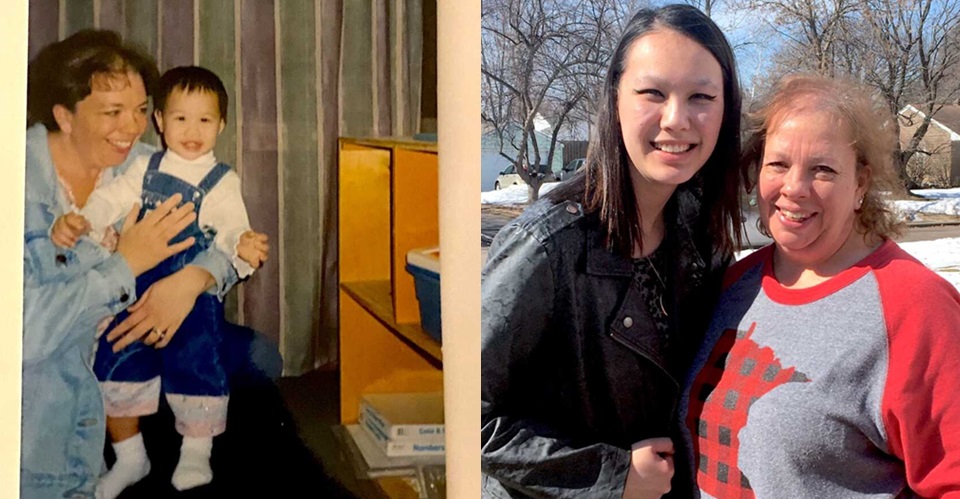She may never know every name or every why, but she knows this: love carried her here, and that’s enough to keep walking forward. Two days before Christmas, she sat staring at an email she was afraid to open. Seven weeks earlier, she had mailed off a DNA kit, just a tube of spit, but it held twenty years’ worth of questions. With a friend beside her and hands shaking, she tapped the screen. Sure, the ancestry bits were interesting, but three words cut straight through her: “No close relatives.” For someone adopted who longs to know where they came from, those words feel like a door slammed shut.
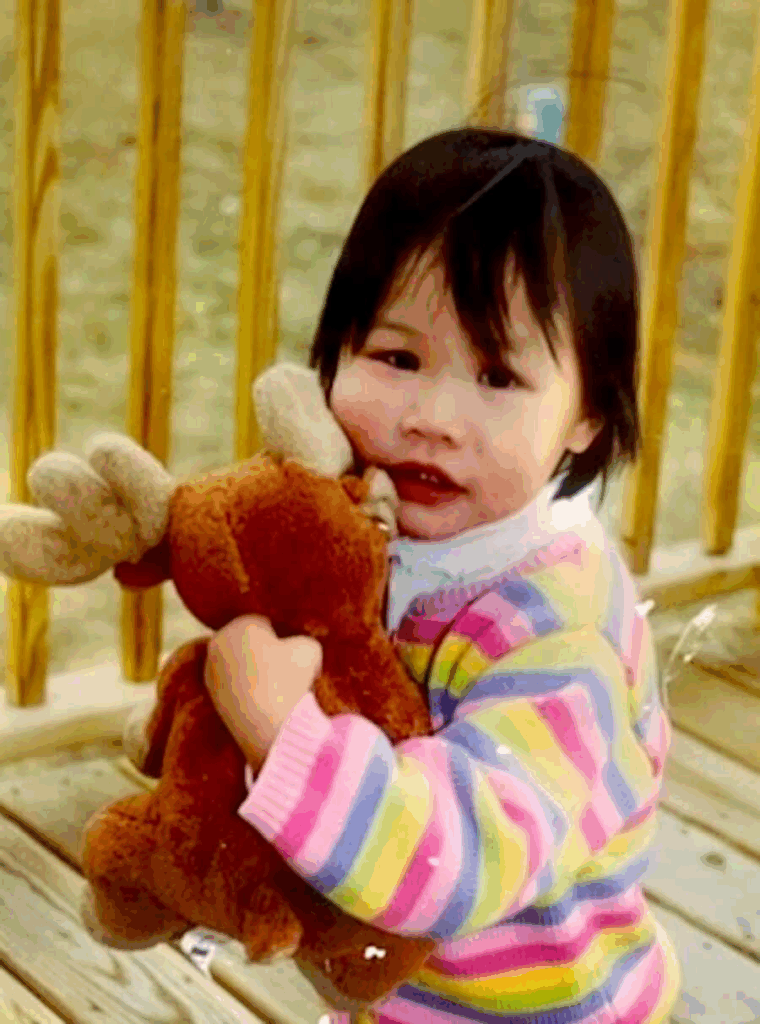
Her story began far away, in Minnesota, with a woman named Sheila who grew up in a home that welcomed more than 75 foster kids. Sheila knew she would adopt one day, married or not. A college summer in China lit a fire in her heart for the people and culture, so when she was ready in her early thirties, China was the obvious path. Meanwhile, in Nanning, a baby girl, later found near a market, was taken to an orphanage full of little girls like her. A year later, Sheila arrived with her mom, Grandma Liz, and held that baby, her daughter, for the first time.
Back in Minnesota, life carried on. Sheila later married Steve, who became Dad, and together, they added four biological children. The family grew loud, busy, and full. From the start, they told their daughter she was adopted, no secrets, no whispers. They threw Chinese New Year parties, ate dumplings, and gathered with other families who had adopted from China. She always knew she was loved and wanted. Still, there were quiet nights and challenging questions. Why was she left? Was it illness? Poverty? China’s family planning policy? Did her birth parents want a son? She wrestled with sadness, identity, and the ache of not knowing. Like many adoptees, she looked in the mirror and searched for someone she’d never met.
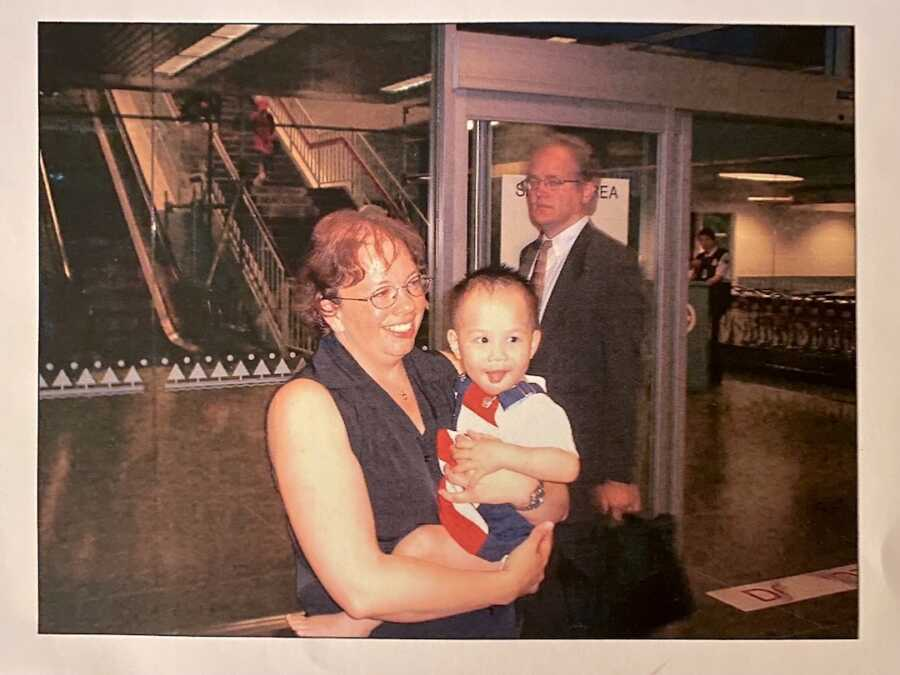
Faith steadied her when answers didn’t come. She decided her identity couldn’t rest only on the word “adopted”; it had to sleep on something bigger, on a God who loved her even through depression and doubt. Life moved forward. After college, she took a job near Washington, D.C., jumped into politics, and built a new routine far from home. Then a Black Friday sale put a DNA kit in her cart, and here she was, reading “No close relatives” with tears in her eyes as Christmas lights blinked in the background.
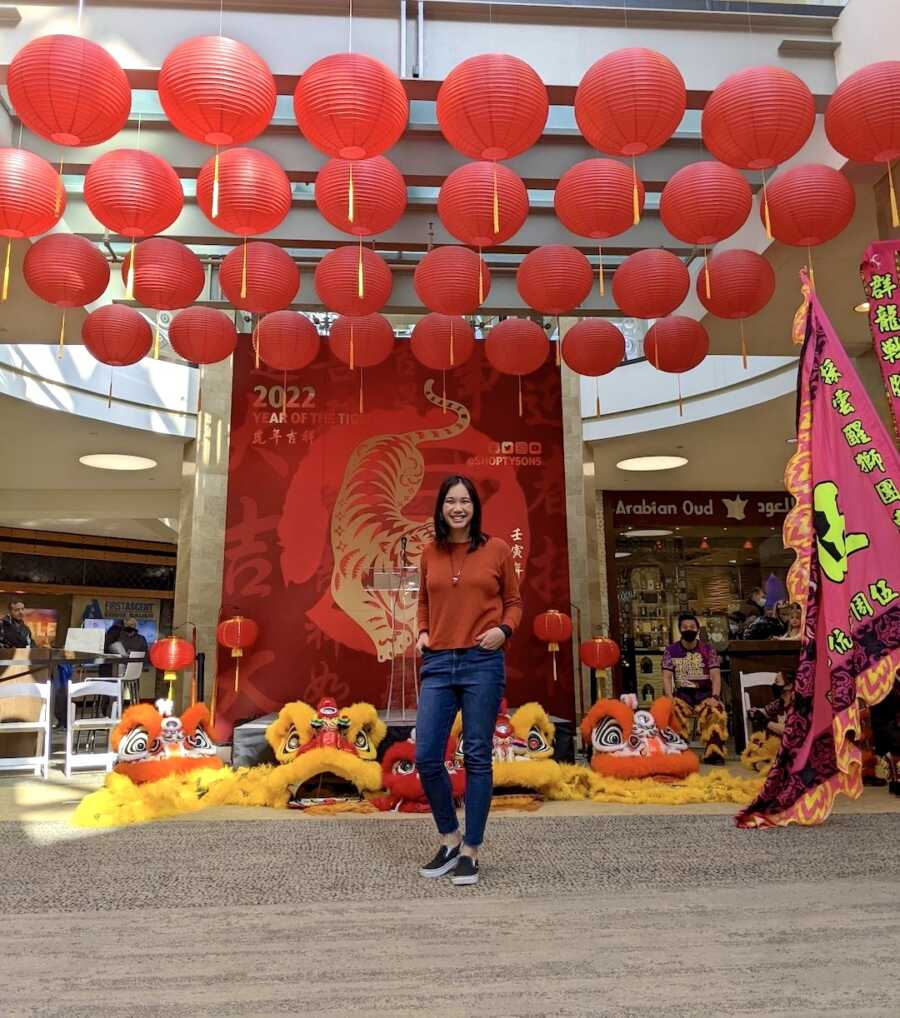
She grieved hard. If a DNA database couldn’t find a match, how would she ever find her birth family? For a while, it felt like her story had reached its limit. But grief isn’t the same as the end. Over time she began to see what she did have: a piece of red paper that once hung from her baby clothes with her Chinese name, XiaZhen Guo; the truth that someone chose life for her and placed her where she could be found; the thought that maybe her nose is her father’s, or her love of music her mother’s, or her eyes a mirror of a grandmother she’ll never meet. She may never learn their names, but their kindness and courage run in her veins.
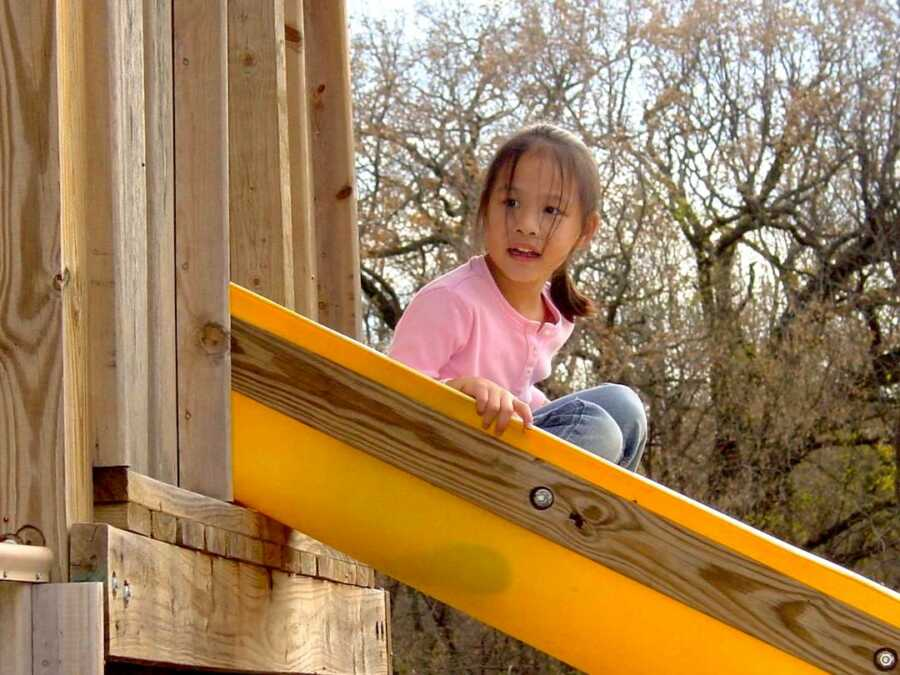
She also made space for two truths to sit side by side: it’s okay to mourn what was lost, memories, language, the feel of a culture that could have been, and it’s OK to celebrate what was gained, safety, family, and the chance to become who she is now. Lemons and gin and tonic, as she jokes: if life hands you sourness, you’re allowed to cry, and you’re allowed to dress it with a bit of grace, too.
She lives with a settled kind of hope. There may be a reunion one day; maybe not. Either way, she’s choosing peace. She’s choosing to honor her birth parents’ impossible decision and her adoptive family’s endless love. She knows there are others in every corner of the adoption triad, parents waiting, parents celebrating, adoptees searching, who need a hand to hold or a listening ear. So she keeps her messages open, ready for the next person who needs to say, “Me too.”

